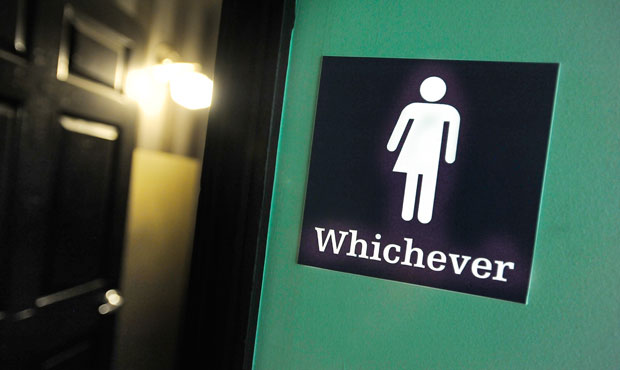System fails Washington nursing homes as minimum wage rises
Jul 19, 2019, 1:43 PM

Problems with Washington state nursing homes continue. (Pexels)
(Pexels)
Typically, businesses and organizations speaking out against a higher minimum wage is simply due to increased costs. But when it comes to Washington’s nursing homes, that conversation is far more nuanced.
Conditions in Washington nursing homes rank among worst in nation
The problem boiled down to its simplest form is that a rising minimum wage for employees in Washington nursing homes is forcing many to shut down amid rising costs. Roughly 70 percent of costs to state facilities are taken up by labor.
That said, it’s far more complicated than just that.
Essentially, facilities are reimbursed by the government for Medicaid patients, who make up as much as 65 percent of nursing homes. The exact amount designated for reimbursement is tied directly to minimum wage, with a slight — and damaging — wrinkle.
“The state’s currently reimbursing on the 2016 cost, when minimum wage was $9.47,” Washington Health Care Association CEO Robin Dale told KIRO Radio’s Candy, Mike and Todd Show. “Well, January 1 of 2020, minimum wage is going to go up to $13.50, but the state’s still pretending that cost has not increased, and essentially pretending that minimum wage is still $9.47 an hour.”
That means less money for Washington’s nursing homes, despite rising costs.
According to Dale, 18 facilities in the last two and a half years have either closed or announced closures. That’s a number he labels as “unprecedented.”
“There have been closures in the past. But what’s different about this time is that this is the first time we’re having closures that are based upon inadequate Medicaid reimbursement rates,” he described.
And while simply lowering minimum wage is one potential fix, Dale and others would rather see nursing homes receive proper funding to pay employees what they deserve.
“We need to be able to pay them what we should and we’re not able to do that under the current system,” Dale said. “If you are telling us that these are the people we want you to take care of, pay the cost of care — that’s all.”
Washington state takes steps to stem epidemic of elder abuse
Dale estimates that combined between federal and state money, nursing homes would need upwards of $70 million to cover the spread. The number they asked for during the latest legislative session, though, was even lower, at just $20 million.
In the end, that money never came.
“Now we’ve got facilities shutting down,” Dale said.













